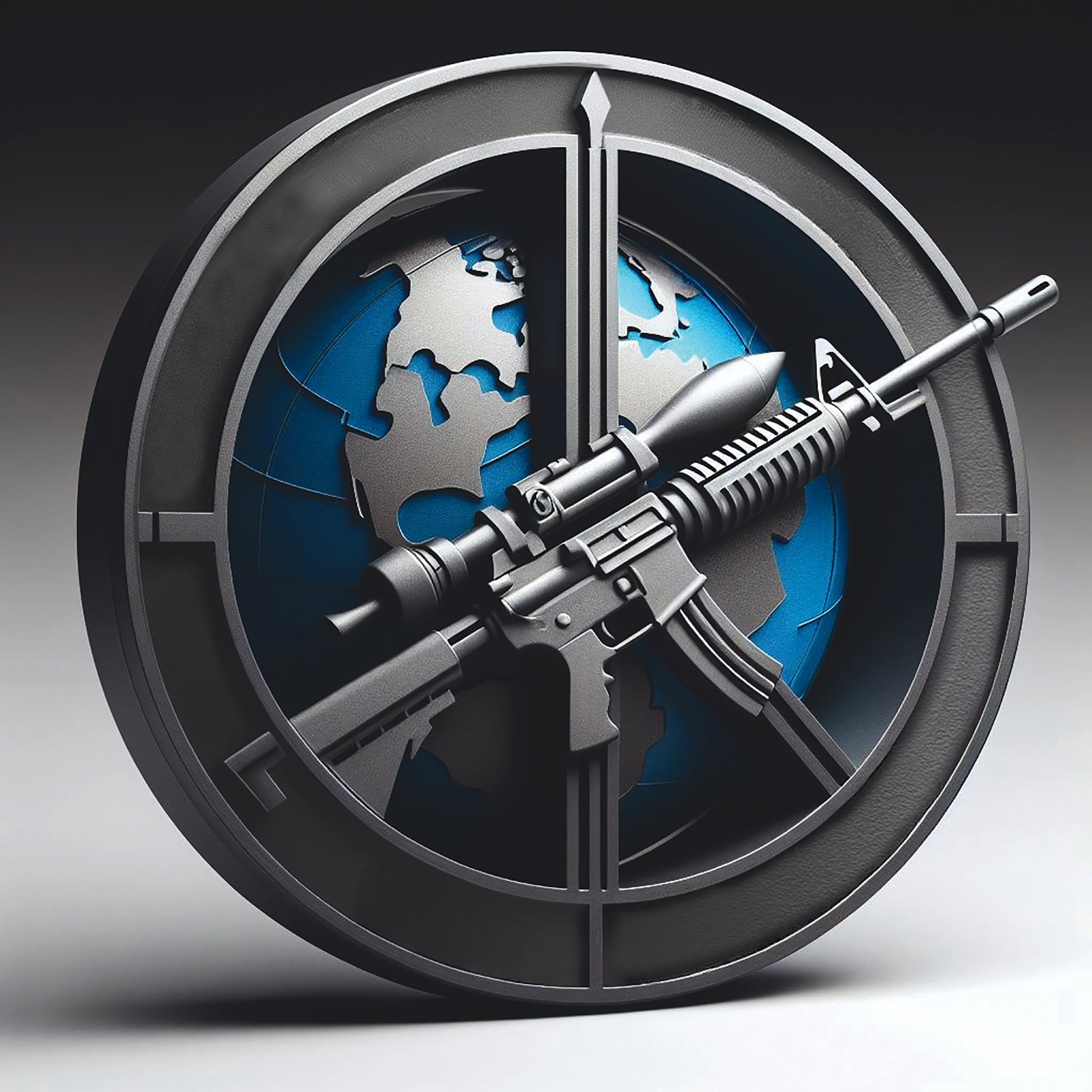
Training and workshops
Professional Conflict Resolution workshops and training serve as invaluable resources, providing expert guidance, tips and techniques rooted in profound understanding. These tools enable conflicted parties to maintain composure and manage their emotions effectively. Particularly in tumultuous regions like the Middle East, enhancing emotional intelligence is imperative. By fostering empathy and encouraging individuals to consider alternative perspectives, these initiatives help prevent disagreements from escalating into full-blown conflicts. Equipping individuals with conflict management skills enhances their problem-solving abilities and analytical thinking, fostering social cohesion and societal advancement. Ultimately, this contributes significantly to bolstering national security and economic prosperity.
Conflict management is a vital competency applicable in both professional and personal spheres. It involves adeptly navigating disagreements and disputes towards the attainment of peaceful resolutions.
Our approach to managing conflict involves various factors that enhance collaboration, communication and understanding among all parties involved.
-
Communication Skills: Proficient communication abilities among those in dispute enable them to explore diverse viewpoints when assessing challenging circumstances and enhance their adaptability in accommodating the distinct needs of others, irrespective of the resemblance to their own.
-
Collaboration: Embracing our diversity as individuals fosters greater cooperation among us, leading to increased abundance and the inevitable emergence of peace in any collaborative endeavor.
-
Compromise: Facilitating conflict resolution through compromise entails engaging conflicted leaders or disputants, allowing them to express their viewpoints while jointly overseeing a prominent project. An efficient negotiation strategy empowers conflicted leaders or disputants to share equal responsibility in resolving their conflict and progressing toward a resolution plan centered on their ability to collaborate in achieving shared objectives over individual interests.
-
Control: In contentious situations where emotions run high during meetings, employing conflict management through an effective control approach involves addressing individuals’ emotional triggers and utilizing techniques to maintain a peaceful atmosphere, enabling a constructive focus on resolving the issue.
-
Creativity: is what distinguishes strong and productive mindsets. Therefore, managing conflict through creativity involves brainstorming to generate alternative peaceful approaches and combining ideas to develop a unique and satisfying solution that satisfies everyone’s creative instincts.
